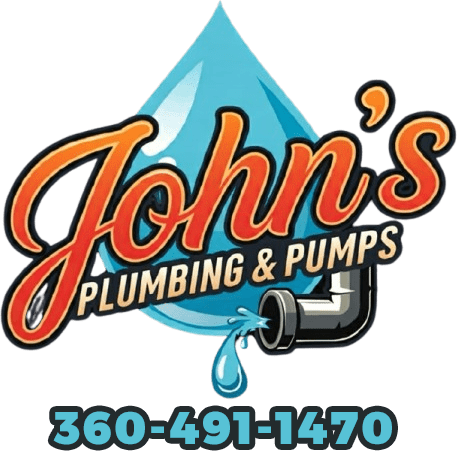John’s Plumbing and Pumps
Trusted Plumbing Services in Lacey, WA
Fast, Reliable, and Affordable
Plumber in Lacey WA – John’s Plumbing & Pumps When you need fast, dependable plumbing services, our experienced team is here to help. We specialize in everything from quick leak repairs and clogged drains to full water heater installations and replacements. Serving both homes and businesses, we provide affordable solutions with honest pricing and clear communication every step of the way. Our licensed plumbers take pride in delivering top-quality workmanship that keeps your plumbing system running smoothly. Whether it’s an emergency or a routine service, you can rely on us for prompt response times and professional results. Call today for trusted plumbing service in Lacey.




+5k Customer
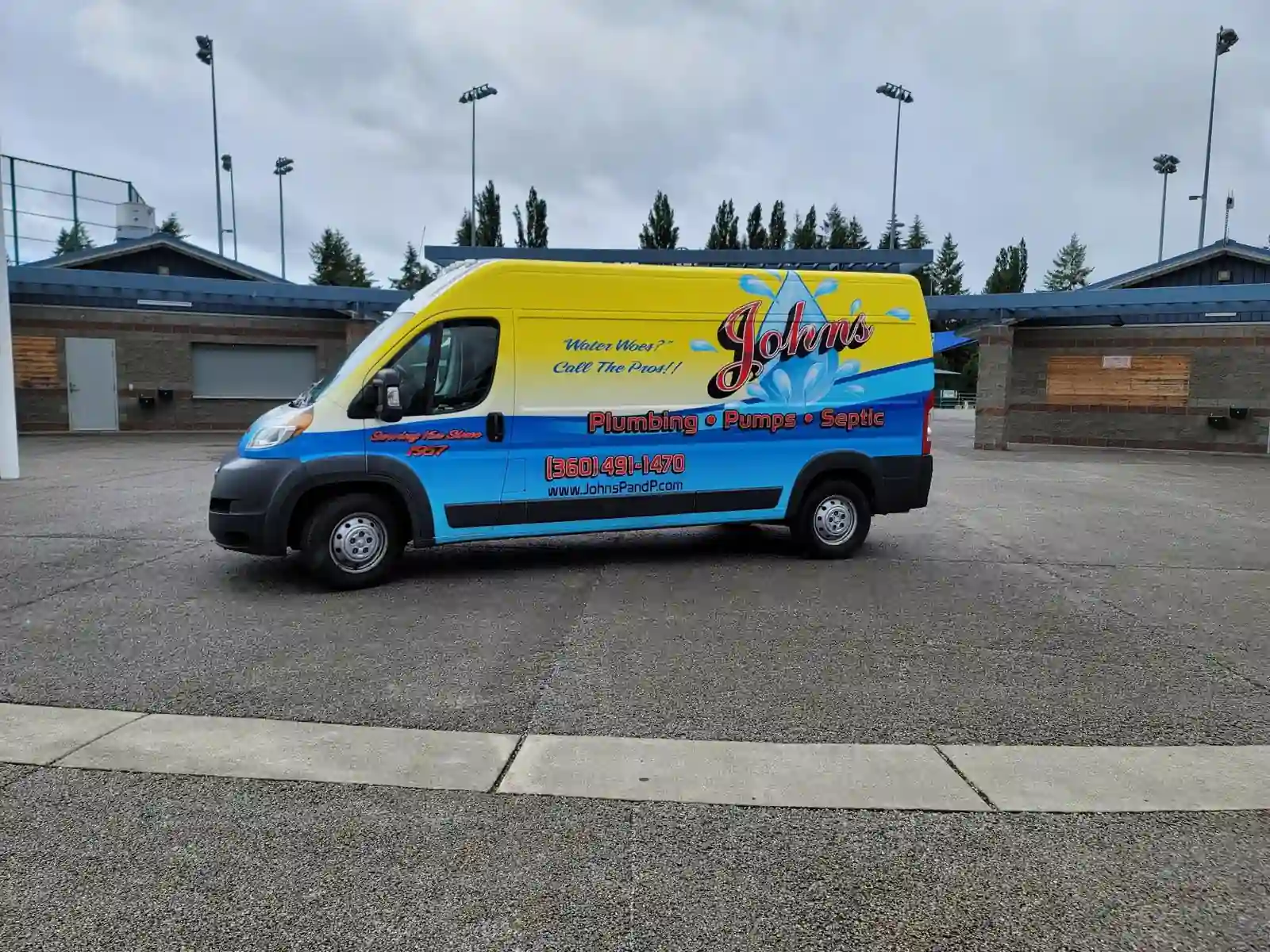
$350 OFF
ALL WATER HEATER INSTALLATIONS
CALL NOW TO GET SCHEDULED
(360)491-1470
$100 OFF
DRAIN CLEANING
CALL NOW TO GET SCHEDULED
(360)491-1470
$50 OFF
$50 off your next plumbing service
CALL NOW TO GET SCHEDULED
(360)491-1470
$100 OFF
$100 OFF YOUR next well service
CALL NOW TO GET SCHEDULED
(360)491-1470
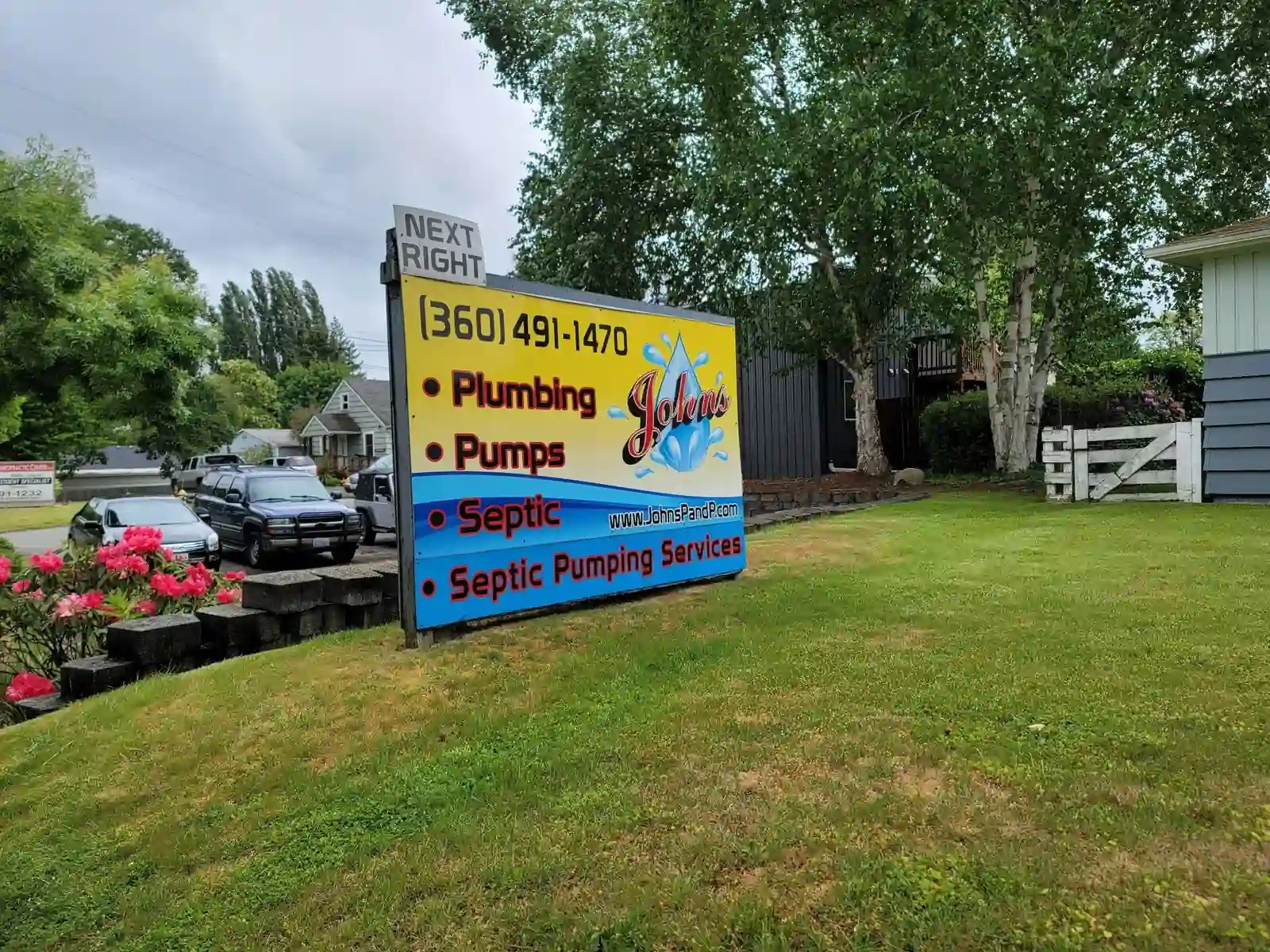
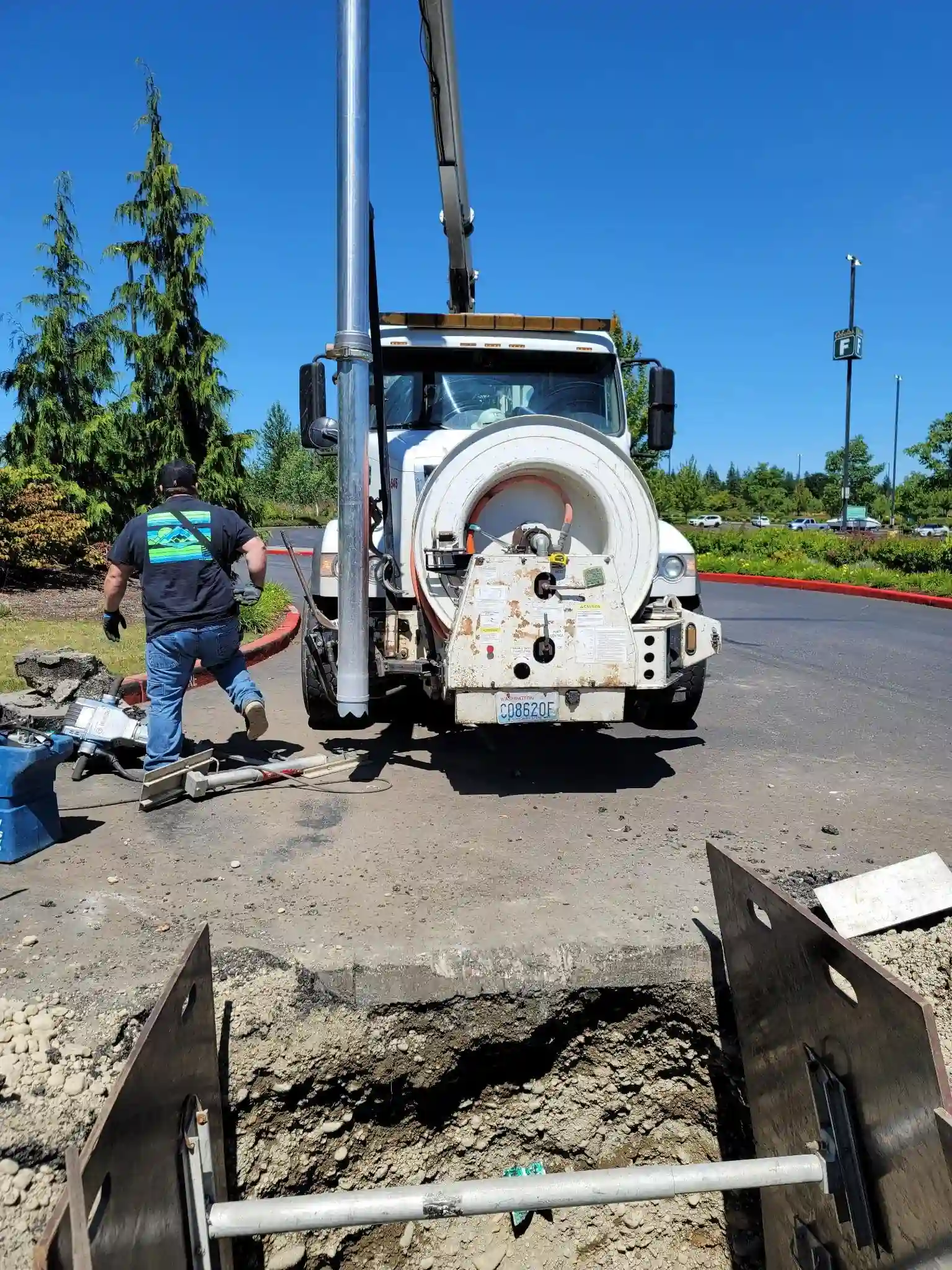

Experience, Longevity, and Service: The John’s Plumbing & Pumps, Inc. Difference
Reliable Plumber in Lacey, WA
Since 1957, John’s Plumbing & Pumps, Inc. has been more than just a plumbing company; we’ve been a pillar of the Lacey, WA community. Our decades of experience aren’t just a number—they’re a testament to our unwavering commitment to quality workmanship, unmatched expertise, and a customer-first approach. For over 67 years, we’ve built lasting relationships with homeowners and businesses across Thurston, Pierce, Mason, and Lewis counties, earning their trust one job at a time. This legacy of excellence is what makes us a leading Plumber in Lacey WA.
We understand that plumbing problems can be stressful, which is why our focus extends beyond just fixing pipes. From the moment you call, you’ll be met with friendly, professional service from our knowledgeable team. Our plumbers are not only highly skilled but are also dedicated to clear communication, showing up on time, and treating your home with the respect it deserves. We believe that exceptional customer service is the foundation of our longevity. It’s what has kept families and businesses coming back to us for generations, making us your trusted Plumber in Lacey WA.
To show our appreciation for your business, we offer competitive and transparent pricing. Take advantage of our special offers, including $350 off tankless water heater installation and $100 off regular water heater installation. You can also rest easy knowing that all our services are backed by a one-year parts and labor warranty, a promise of our confidence and commitment to your long-term satisfaction. At John’s Plumbing & Pumps, Inc., we don’t just solve your plumbing problems; we provide peace of mind as the most reliable Plumber in Lacey WA.
Trusted Plumbing Services Since 1957
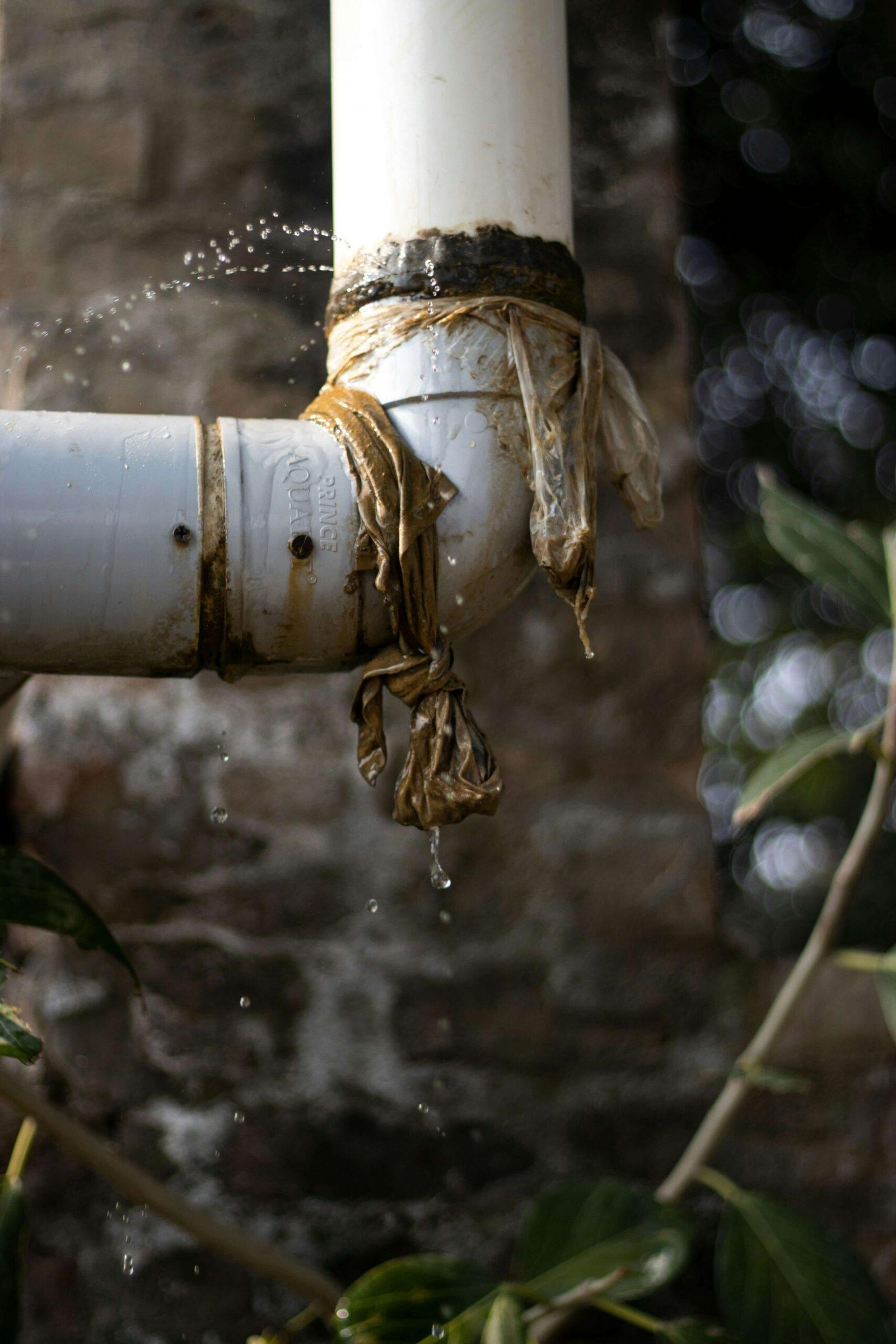
24/7 Emergency Plumbing
We offer plumbing services 24 hours a day, 7 days a week. If you’re experiencing a plumbing emergency, whether it be a leak, or no water, call us now!
Read More

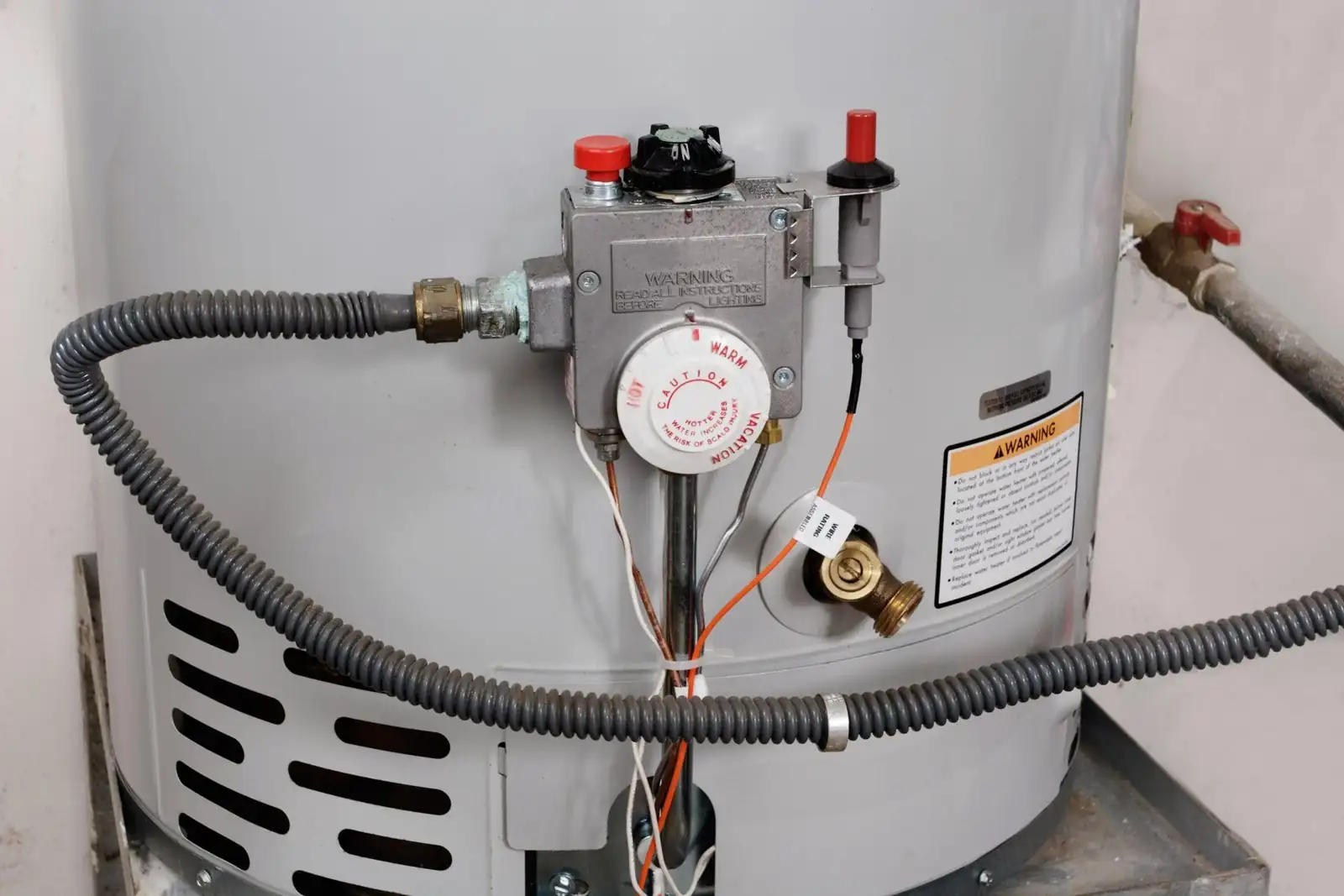
Water Heaters
Get $100 Off any water heater installation and $350 Off any tankless water heater installation. John’s Plumbing and Pumps offers water heater installation and repair.
Read More

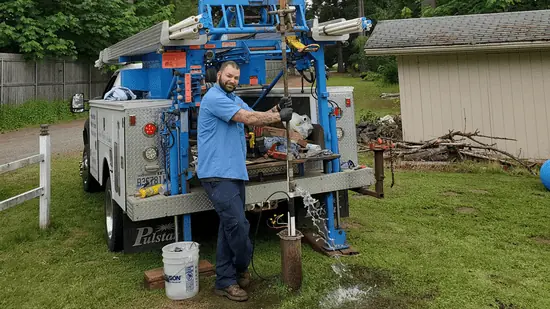
Well Pumps
We’ve been servicing well pumps since 1957. If you’re in need of well pump service, call your trusted Plumber in Lacey WA. We have the ability to repair or replace your existing well pump.
Read More

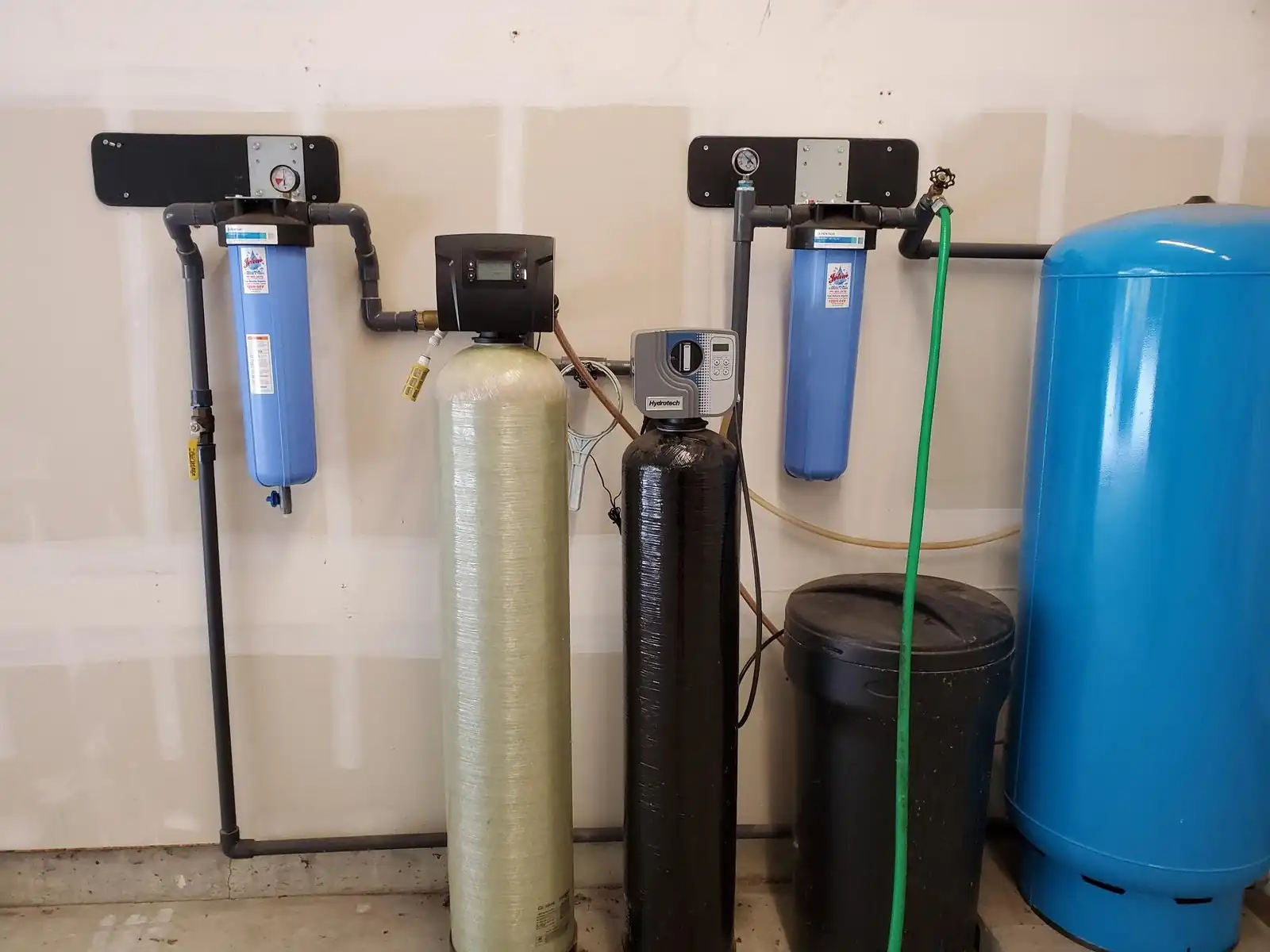
Water Filtration Systems
Clean and safe water is essential for your health and well-being. We install water filtration systems to ensure you have access to high-quality, clean water.
Read More

See All Of Our Services
Residential & Commercial Plumbing
24/7 Emergency Plumbing
Drain Cleaning
Leak Detection
Hydro Jetting
Faucet Installation & Repair
Bath Installation & Repair
Water Heaters
Water Heater Installation
Water Heater Repair
Tankless Water Heater Installation
Tankless Water Heater Repair
Hybrid Water Heater Installation
Well Pumps
Well Pump Replacement
Well Pump Repair
Well Pump Installation
Water Filtration Systems
Water Filtration Installation
Water Filtration System Repair & Service
Sewer Lines
Sewer Line Repair
Well Pump Repair
Video Sewer Line Inspection
Local, Family-Owned, and Community-Focused
As a family-owned business, we’ve proudly served Lacey and the surrounding areas for generations. Our strong local presence means we understand the unique plumbing challenges homeowners and businesses face in the Pacific Northwest. Choosing us as your Plumber in Lacey WA ensures you receive the knowledge and care we bring to every project, large or small.

Fast, Responsive Plumbing Services
Plumbing problems don’t wait, and neither do we. Our team offers estimates and service scheduling within 24 hours, so you’re never left waiting. Whether it’s a leaking faucet, a broken water heater, or a major system repair, we act quickly to get your plumbing back on track with minimal disruption. When it comes to urgent issues, our trusted Plumber in Lacey WA team is always ready to respond.

Quality Workmanship Backed by Warranty
At John’s Plumbing & Pumps, we don’t believe in shortcuts. Every job is done to the highest standard, and we stand by our work with comprehensive warranties on both parts and labor. This reflects the pride we take in our craftsmanship and our confidence as your preferred Plumber in Lacey WA.

Customer Satisfaction Comes First
Our goal is simple: provide reliable plumbing services with honesty, integrity, and professionalism. From your first phone call to project completion, you’ll experience clear communication, upfront pricing, and a team that truly cares. Your satisfaction is our priority, which is why choosing us as your Plumber in Lacey WA is the smart choice.

Your Trusted Plumber in Lacey, WA
Whether you’re dealing with an emergency or planning a plumbing upgrade, trust the experts at John’s Plumbing & Pumps. We offer personalized solutions, dependable service, and the kind of friendly support you can only get from a local Plumber in Lacey WA.

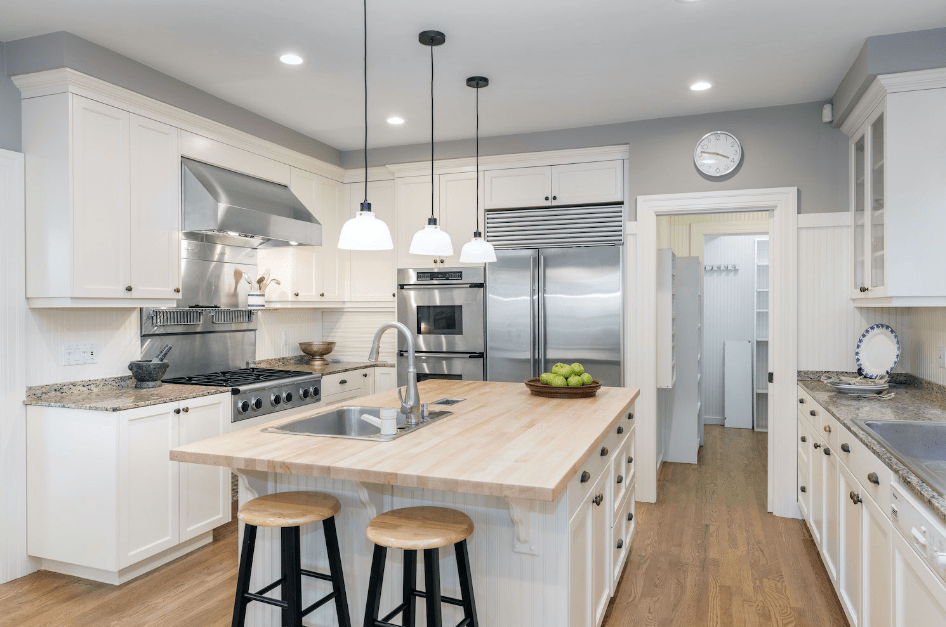
24/7 Call Answering Service
One-Year Parts and Labor Warranties
$100 Off Water Heater Installation
$250 Tankless Water Heater Installation
Service Within 24 Hours
Over 67 Years of Experience
Read What Other’s Are Saying About Us
John's Plumbing & Pumps, Inc
Out of 5 stars



Overall rating out of 227 Google reviews
Contact Us Now To Schedule Service
If you have any questions, please feel free to get in touch with us via phone, text, email, or even on social media!
Contact Information
Business Hours
MONDAY TO FRIDAY
9:00am – 5:00pm
SATURDAY
CLOSED
SUNDAY
CLOSED
